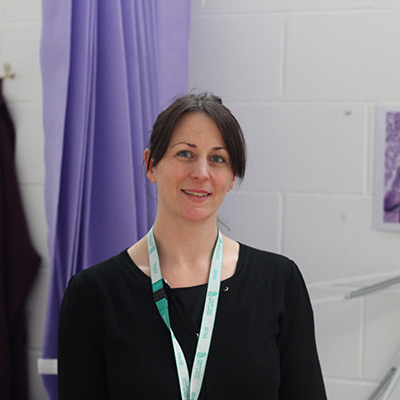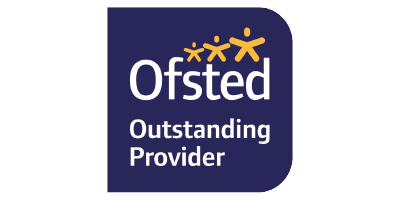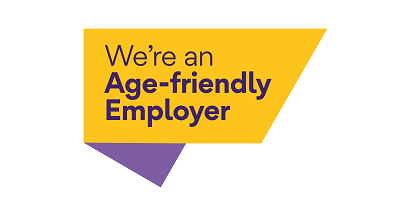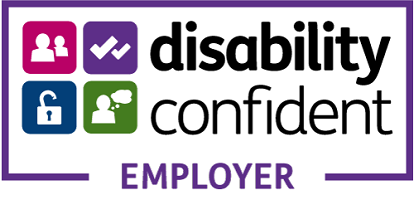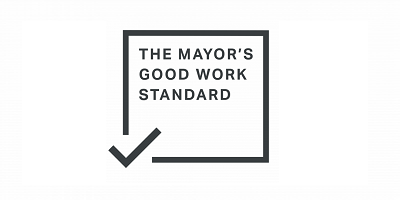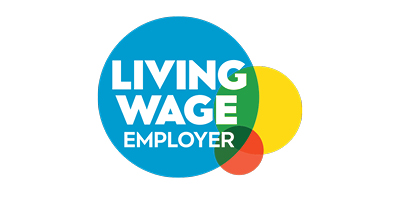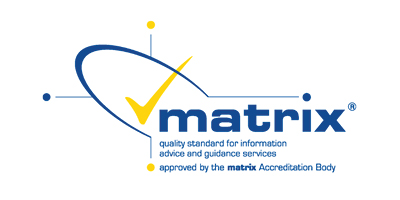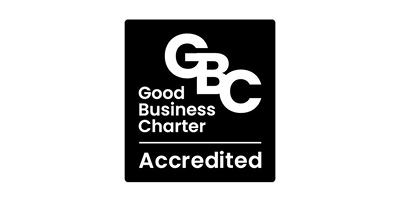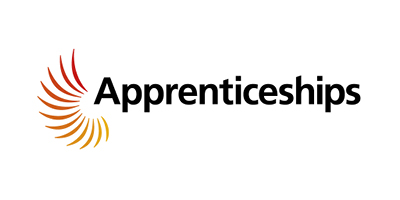This course covers full professional face and skin care treatment, facials, makeup, manicure and pedicure, anatomy and physiology and depilatory waxing of facial and body hair, lash and brow tinting, and eyebrow shaping.
You will take part in salon administration and reception duties.
-
About the Course
You will learn through theory and practical classes (including practising all treatments on fellow students prior to working on clients), projects, role plays, case studies, work experience, competitions, and reception duties. The clients visiting our working salons require a wide range of treatments, and you will perform all portfolio evidence assessments on external clients.
You will study:
- Facials
- Makeup
- Manicure and pedicure
- Essential knowledge: anatomy and physiology
- Depilatory waxing
- Lash and brow tinting and eyebrow shaping
- Tanning
- Stock display
- Reception
- Salon administration
- Functional skills or GCSE and skills development
- Employability skills.
In each unit, you will perform practical skills, submit coursework tasks and sit online tests.
To gain employment in all skills and to graduate to Level 3, the full award is necessary.
-
Additional Costs
Additional Fees
£210.78 - beauty kit, tunic and textbooks (cost subject to change).
-
Entry Requirements
2 or more GCSEs at grade D / grade 3 or above, or successful completion of a Foundation Level Beauty Therapy course with functional skills in English and maths. If you need advice before you apply, please call 020 8326 2000 or email This email address is being protected from spambots. You need JavaScript enabled to view it..
-
Progression
VTCT Level 3 Diploma in Beauty Therapy Treatments to become a fully qualified beauty therapist. Progression to Level 3 is via interview and selection based on your attendance, punctuality and performance.
-
Assessment Method
Assessment is continuous, consisting of practical assessment, oral questions, on line tests and homework. You will provide evidence to show you have reached a level of competence. All assessment will be in agreement with candidate and assessor, and all deadlines must be met. Written assessment papers will provide further evidence of your knowledge and understanding of the subject. You will collate all evidence in a portfolio consisting of:
- Performance evidence: This would take place in the practical class or workplace.
- Oral questioning: The questions must relate to the practical performance.
- Written questions: As with the oral questioning, written questions will form part of the supplementary evidence.
- Working diary: This will show the range of treatments you have performed.


